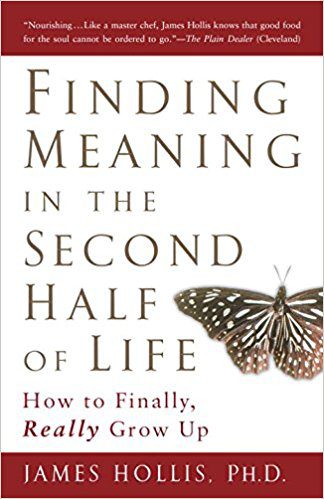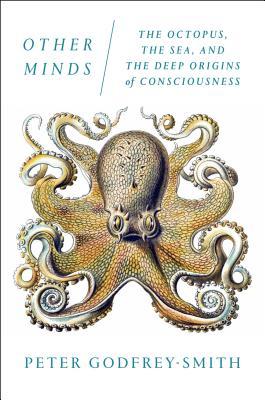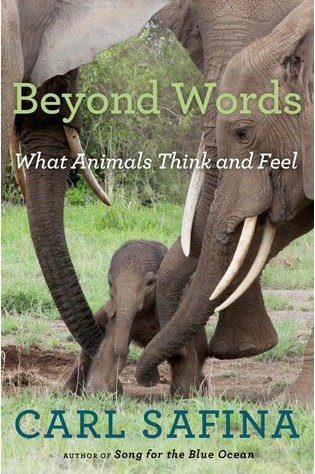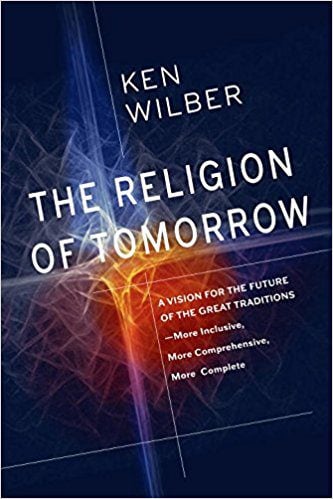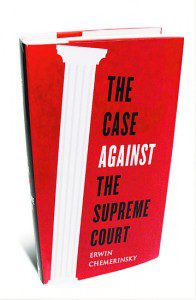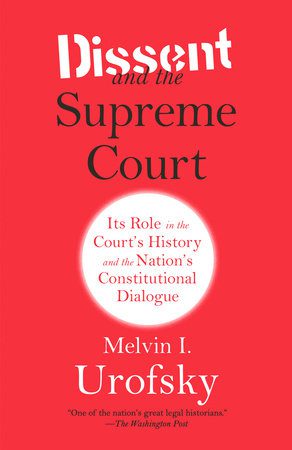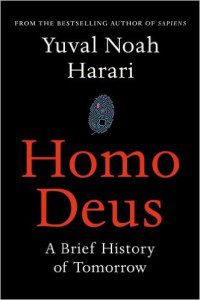This summer at the congregation where I serve as minister, we hosted a three-part book discussion series on “Reading for Resistance & Resilience.” When I first mentioned this idea in the spring to my wife Magin, who is an English professor, she was intrigued. But she also cautioned that George Orwell’s 1984, Margaret Atwood’s The Handmaid’s Tale, and Octavia Butler’s Parable of the Talents “might be the most depressing list of beach reading I’ve ever heard.” In retrospect, from the insights that... Read more



